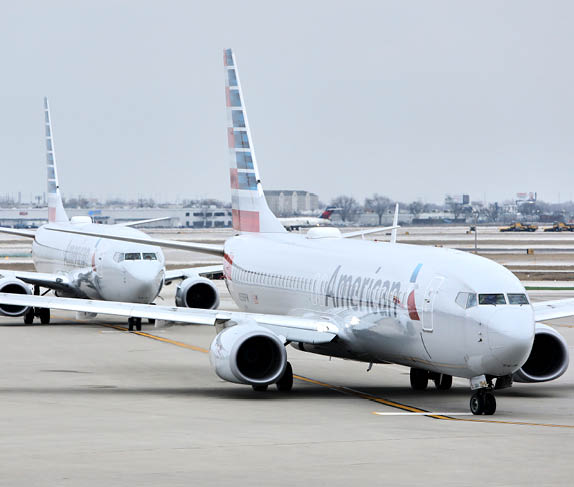The Aeronautical Repair Station Association (ARSA) warned the Federal Aviation Administration (FAA) against further muddying the rules governing aviation maintenance. In comments submitted Nov. 19 to the FAA’s rewrite of 14 CFR part 145, the association expressed concerns the agency’s proposed rulemaking unnecessarily complicates the regulatory framework.
While the FAA has said it wants to align regulations, current business models, and future safety management system requirements, the Association pointed out several instances where the proposed rule deviates from that purpose—
• Absence of line maintenance rating—unlike the Canadian and European systems and current business arrangements, the FAA is not contemplating a line maintenance rating. The lack of such a rating is not conducive to business practices, in the past, now or in the future.
• Permanent housing requirement—contract maintenance with mobility is necessary and certainly part of past, current, and future business models. To demand that a repair station have permanent “housing” belies reality and the ability of a company to ensure its system is under the control of a civil aviation authority.
• Separating the operations specifications from the certificate—this would essentially allow the agency to unilaterally change operations specifications. The Association vehemently opposes the creation of separate operations specifications for repair stations. The FAA is merely necessitating an unnecessary burden on its own workforce and the industry.
• Preventing certain “persons” from “controlling” a certificate—the FAA is attempting to prevent “bad actors” from “controlling” the quality of a repair station’s work. Since the FAA does not have or will not expend the resources to keep a list of “bad actors”, its workforce will have no objective criterion on which to investigation ownership of these corporate applicants. Further, ARSA pointed out that there is already a federal law prohibiting similar action (see 49 U.S.C. §§ 44726 and 44711).
• Preventing the voluntary surrender of a certificate—the agency’s claim that it wants to prevent “bad actors” from obtaining and maintaining a certificate is laudable; its ability to prevent that action in a fair and uniform manner is nonexistent. The increase in safety that may result from the proposed requirements is well outweighed by the agency and industry burden.
The Association is also concerned about the agency’s cost estimates for implementing the proposed changes as they do not accurately reflect the true costs repair stations will bear.
Given these concerns, ARSA believes that the FAA should issue a supplemental notice of proposed rulemaking that incorporates the substantive comments made by the Association and other interested parties that will help the agency more ably meet industry needs and maintain the highest standards of safety.
ARSA’s comments are available at: http://arsa.org/wp-content/uploads/2012/11/FAA-2006-26408_ARSAComments_20121119.pdf
ARSA cautions FAA on proposed 145 changes

